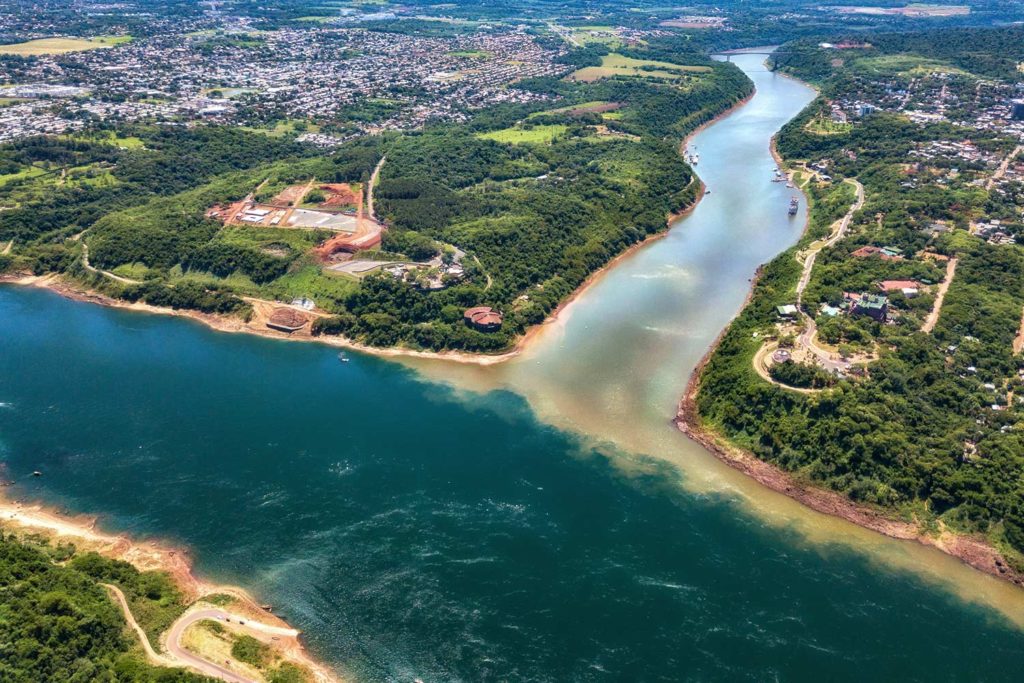heading
PROJECT: GOVERNANCE, ADVOCACY AND LEADERSHIP IN WATER, SANITATION AND HYGIENE (GOAL WASH)Paraguay
The project supported the establishment of the Inter-Institutional Water and Sanitation Platform for the Chaco, a coordinating mechanism for governmental institutions at national, provincial, and municipal levels, along with the private sector, international development agencies, and civil society.

Goals
- Water supply and sanitation plans for six districts in the Western region of Chaco.
- Capacity development plans on water supply and sanitation developed and implemented, specifically targeting community based organizations.
- Local authorities strengthened in the area of water supply and sanitation.
Challenge
The Chaco region is a large geographic area that is sparsely populated. Many of those living in the region are indigenous people. The Chaco region suffers from reoccurring droughts and flooding and has the highest level of unserved people in the country.
Opportunity
In 2013 the Intersectoral Committee on Water Supply and Sanitation for the Chaco region (MIAS-Chaco) was activated. Representatives of local and central authorities, civil society, the private sector and development cooperation agencies are involved in this coordination committee, with the aim of finding solutions to the problems of water management and sanitation in the Chaco region.
Strategy
The current models of water supply and sanitation will be revised and new plans, that are financially sustainable and socio-cultural accepted by the beneficiaries, will be developed. The project will also strengthen the capacity of community organizations, with a specific focus on female participation in decision making.
Through MIAS-Chaco, GoAL WaSH, supports knowledge exchange between municipal water and sanitation units and national and province governments, strengthening their capacities to provide sustainable services to the communities in the Chaco region.
Achievements
GoAL WaSH organized a regional meeting on WaSH social technology with a focus on law, gender, inter-culturalism, governance, and articulation in the Chaco. The meeting gathered more than 80 participants from national and local government, NGOs, local communities, and researchers to share successful experiences in water and sanitation management. The participants exchanged WaSH experiences and innovative ideas, taking the first steps towards more sustainable and inclusive WaSH interventions. Recommendations about how to implement an intercultural approach in WaSH programmes were also presented, enabling projects to find environmentally, culturally, and economically appropriate solutions.
The project supported the establishment of the Inter-Institutional Water and Sanitation Platform for the Chaco, a coordinating mechanism for governmental institutions at national, provincial, and municipal levels, along with the private sector, international development agencies, and civil society. By sharing information and knowledge, the Platform exploits synergies in actions and investments, making interventions in the Chaco region more efficient, appropriate, and sustainable.
Water systems of several municipalities were improved, benefiting indigenous and Latino communities.
In total, 2,655 families benefited from access to water, 143 community volunteers were trained in plumbing for the maintenance and operation of the improved systems, three sanitation boards were formed, and their staff trained alongside staff from two existing boards. In all, 28 systems were repaired. Demonstration projects for community water harvesting were carried out in the communities of María Auxiliadora and San Carlos in the District of Fuerte Olimpo.
The accession of Paraguay to the regional monitoring system of SIASAR led to the application of SIASAR in the municipalities of Mariscal Estigarribia and Philadelphia in coordination with Dirección de Agua Potable y Saneamiento (DAPSAN), which then informed the development of municipal plans.
GoAL WaSH developed participatory water and sanitation plans for the municipalities of Philadelphia and Mariscal Estigarribia, along with a methodology on how to develop such plans. Six technical water and sanitation units were set up in the Chaco region, this was followed by nine more units being set up by the Government. This major milestone established local capacity to support municipal and rural water supplies. The project also disseminated knowledge and experiences through various media, including programmes broadcast in five indigenous languages on community and regional radio stations.
